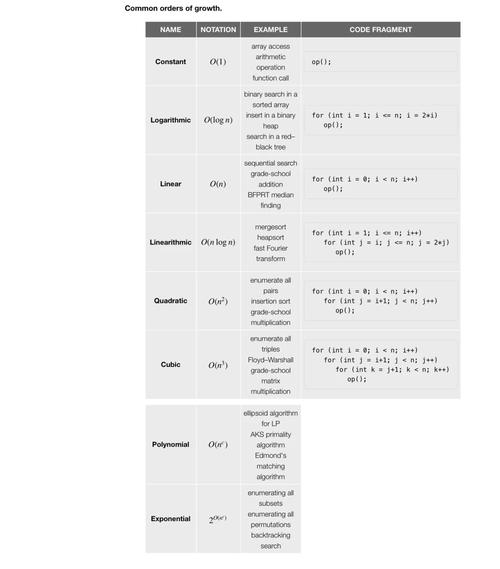Best ETH Algorithm: A Comprehensive Overview
When it comes to Ethereum, the choice of algorithm can significantly impact its performance, security, and scalability. In this article, we will delve into the best Ethereum algorithms, exploring their features, benefits, and potential drawbacks. By the end, you’ll have a clearer understanding of which algorithm suits your needs best.
Understanding Ethereum Algorithms
Ethereum algorithms are the core components that enable the network to function efficiently. They are responsible for processing transactions, securing the network, and maintaining consensus among nodes. Let’s take a closer look at some of the most prominent Ethereum algorithms.

Proof of Work (PoW)
Proof of Work (PoW) is the original consensus algorithm used by Ethereum. It requires miners to solve complex mathematical puzzles to validate transactions and add new blocks to the blockchain. The first miner to solve the puzzle gets the right to add the block and receive a reward in the form of Ether.
| Feature | Description |
|---|---|
| Security | High level of security due to the computational effort required to mine. |
| Scalability | Limited scalability due to the high computational power required. |
| Energy Consumption | High energy consumption due to the mining process. |
While PoW has been the backbone of Ethereum, it has several drawbacks, such as high energy consumption and limited scalability. This has led to the development of alternative algorithms.
Proof of Stake (PoS)
Proof of Stake (PoS) is an alternative consensus algorithm that aims to address the limitations of PoW. In PoS, validators are chosen to create new blocks based on the number of Ether they hold and are willing to “stake” as collateral.
| Feature | Description |
|---|---|
| Security | High level of security due to the economic stake of validators. |
| Scalability | Improved scalability compared to PoW. |
| Energy Consumption | Significant reduction in energy consumption compared to PoW. |
One of the most popular PoS algorithms is Ethereum’s own Casper, which is expected to replace PoW in the future. Casper aims to achieve better scalability and energy efficiency while maintaining the network’s security.
Delegated Proof of Stake (DPoS)
Delegated Proof of Stake (DPoS) is another PoS-based algorithm that allows users to vote for a set of validators who will then be responsible for creating new blocks. This approach aims to improve scalability and reduce the computational power required for consensus.
| Feature | Description |
|---|---|
| Security | High level of security due to the economic stake of validators. |
| Scalability | Excellent scalability due to the reduced computational power required. |
| Energy Consumption | Significant reduction in energy consumption compared to PoW. |
DPoS has been implemented in various blockchain platforms, such as EOS and Steemit. While it offers excellent scalability, it has faced criticism regarding the centralization of power among validators.
Final Thoughts
Choosing the best Ethereum algorithm depends on your specific needs and priorities. PoW remains the original and most secure option, but it has limitations in terms of scalability and energy consumption. PoS and DPoS offer improved scalability and energy efficiency, but they come with their own trade-offs, such as potential centralization. <



